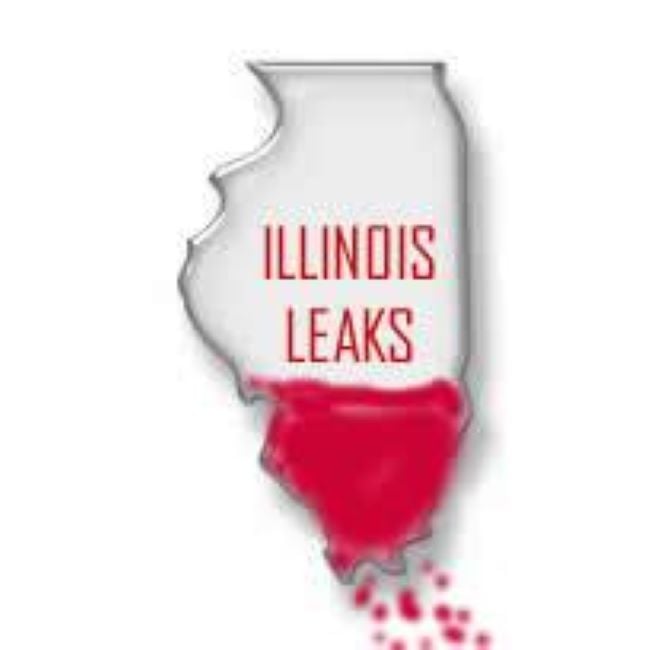Illinois (ECWd) –
In part 1 of this series, we covered matters related to the office of the State’s Attorney regarding his clients and who he is to represent. We encourage everyone to read that article so that they can test the truth on the subject matter when people try to tell them otherwise.
County government is one of the few which involve numerous different departments, and in many cases are run by elected officials. With that comes a mix of laws outlining the duties of those offices and in some cases specific directions on the payment of claims.
For example, the County Sheriff, according to 55 ILCS 5/3-6018,”….the sheriff shall direct the county treasurer to pay, and the treasurer shall pay, the expenditures for the sheriff’s office, including payments for personal services, equipment, materials and contractual services.”
While many counties have claims from the Sheriff submitted to the county clerk who then presents them for approval by the county board, it appears from the plain reading of the law there is no need for the county board to approve claims from the Sheriff.
Contrary to some people’s beliefs and claims, department heads such as a State’s Attorney of a county do not submit their claims to the county board. Most county offices submit their claims to the County Clerk who then presents them to the county board or a committee which reviews them prior to them being sent to the county board. The process used is at the direction of the county board as spelled out in the law.
(55 ILCS 5/5-1019) (from Ch. 34, par. 5-1019)
Sec. 5-1019. Examination and settlement of accounts. A county board may examine and settle all accounts against the county, and all accounts concerning the receipts and expenditures of the county, to issue purchase orders and make payments thereon upon compliance with the terms of such purchase orders, and to establish procedures therefor.
If the procedure established by the county board is that no expenses are paid until approved by the board, only then would such claims be forwarded for payment to the appropriate office, which would be either the Treasurer or the County Clerk.
Types of claims that should not be paid would be any claim made against the county for services not rendered. A good example would be the phone bill for the Shelby County State’s Attorney’s Office. Considering the phone system has not worked for months, why pay such a bill, especially since requests for a service call to fix it has gone unanswered? Would you continue to pay for a phone line that does not work and has no response for a service call?
Other claims that have been paid that should not have been include past payments to the former Shelby County Board Chairman Bruce Cannon who was submitting claims for attendance at meetings that were not county business nor included in any compensation setting resolution as required. We covered that issue in this article.
While the operations of county government have many moving parts, they are not hard to understand if one takes the time to learn the law. And no, you don’t need to be a lawyer to understand the statutory duties of public office.
If more people would first learn the law and its proper application they might find the sky is not falling and officeholders are actually doing the job they were elected to perform.
Test all things and hold fast to that which is true.








No Comments
Sorry, the comment form is closed at this time.